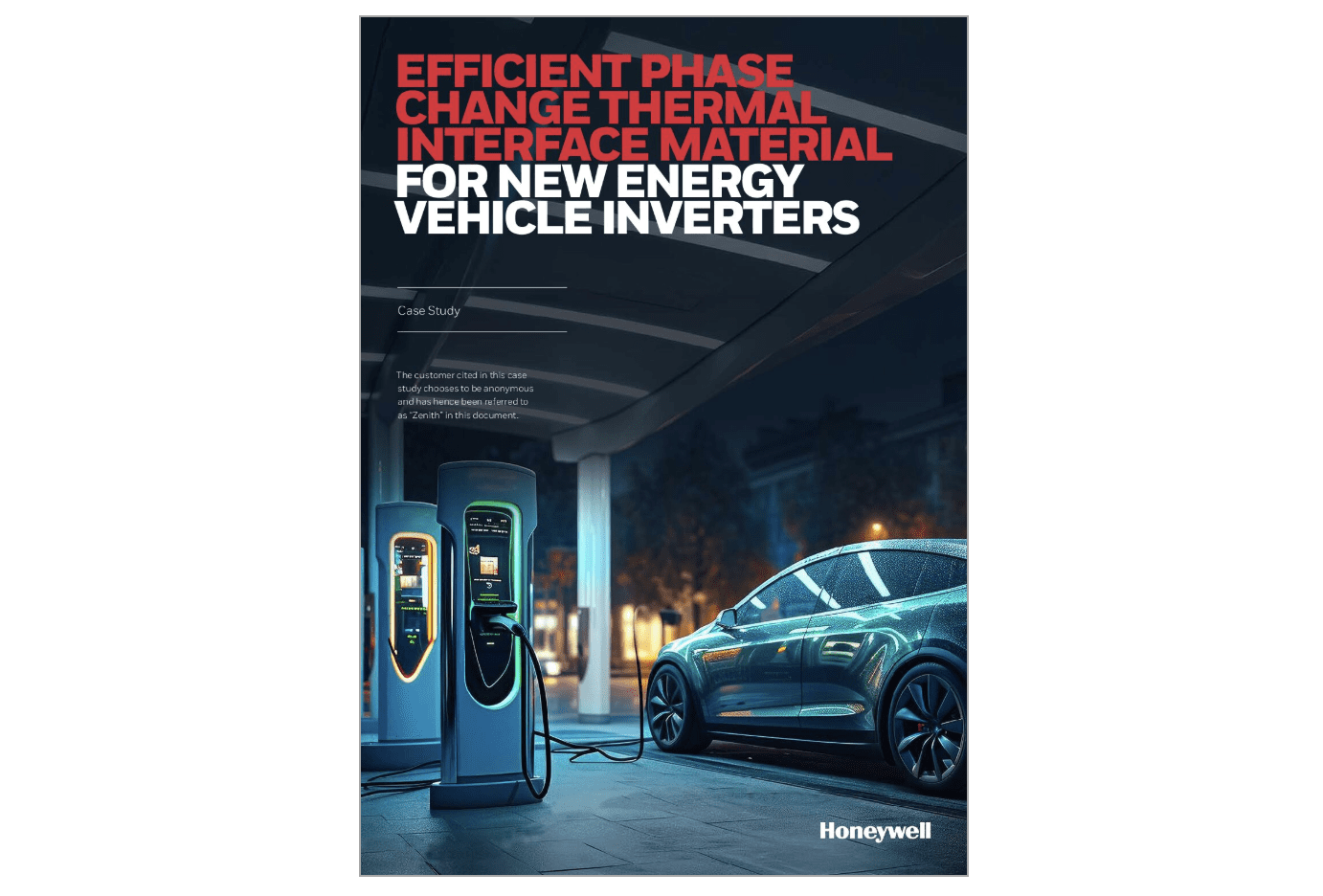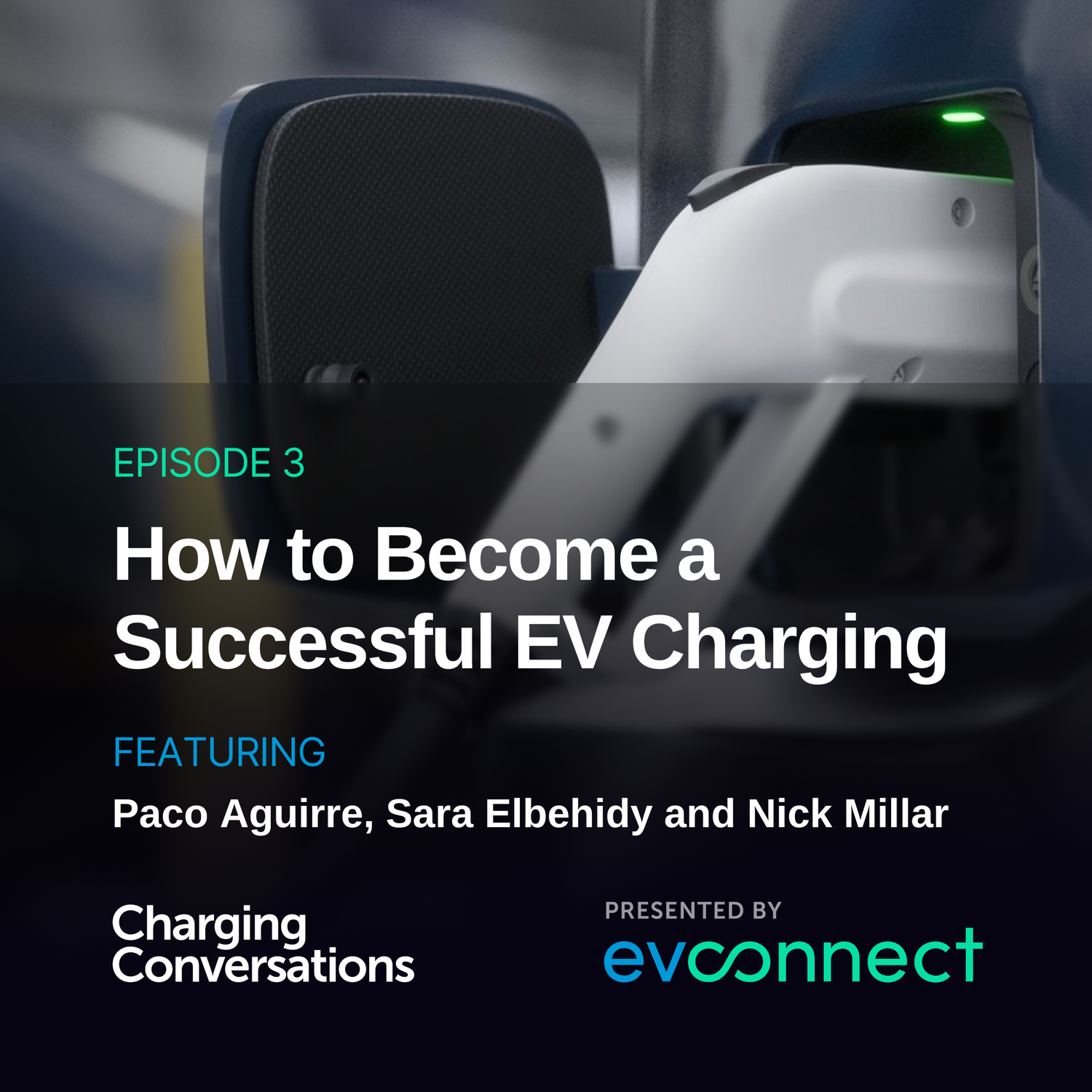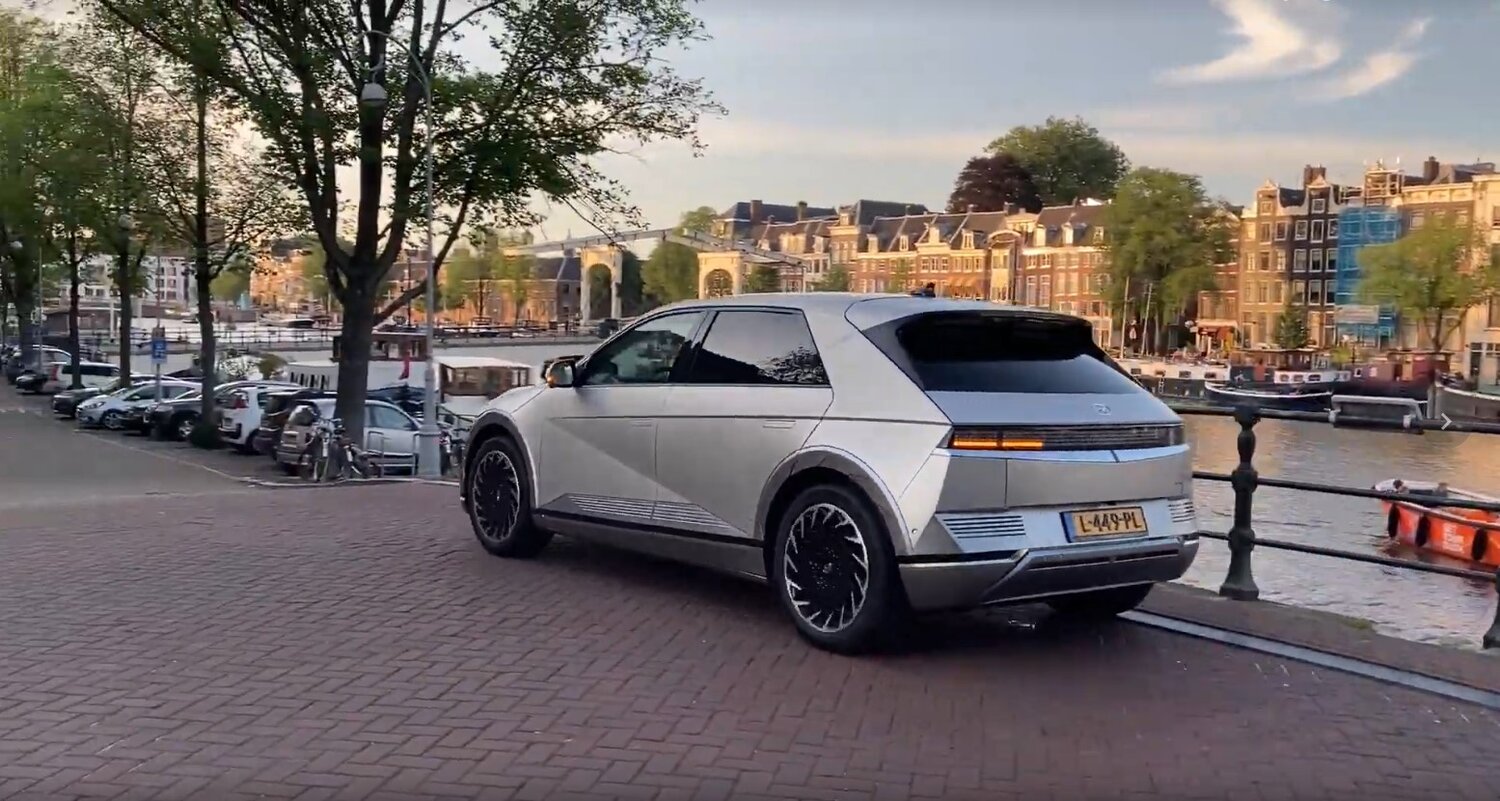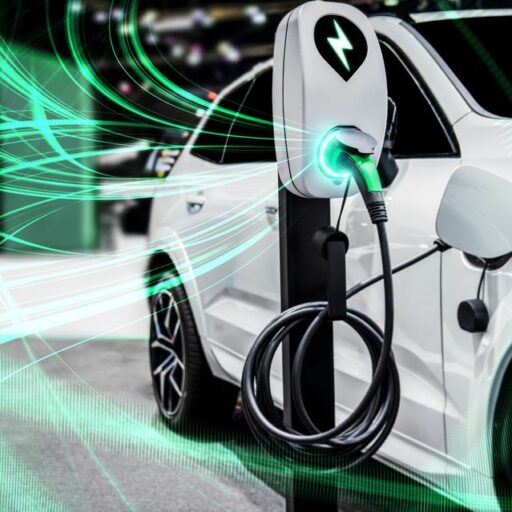Japanese automotive giant Honda has reportedly scrapped plans to develop a large electric SUV, mostly due to declining demand for electric vehicles (EVs) in the United States.
According to a report over the weekend from leading global financial newspaper Nikkei Asia, Honda Motor has “halted” development of a large electric SUV “as demand for electric vehicles in the US is expected to continue to fall”.
The large electric SUV is believed to have been targeted for release around 2027, but Honda has slammed the brakes on its development due to sluggish demand for EVs in the United States combined with anticipated delay in EV adoption caused by the rollback of EV-friendly policies by US President Donald Trump.
Trump last Friday signed into law his so-called “Big Beautiful Bill” which discontinued tax credits designed to support purchasing a new EV. The $US7,500 tax credits for buying or leasing new EVs will end on September 30.
Honda’s decision to scrap a new electric SUV is just the latest reversal by the company that had, as recently as May 2024, announced that it had “not changed its belief that EVs are the most effective solution in the area of small mobility products such as motorcycles and automobiles.”
It said at the time that it was committed to an “electrification target to make EVs and FCEVs represent 100% of its global vehicle sales by 2040”.
In 2022, Honda announced it planned to launch 30 EV models around the globe with annual production volume of over 2 million units by 2030 and promised “to take an aggressive approach to the develop of new EV models” from 2024 onwards. This would eventually morph into a goal of having EV sales account for 30 per cent of its sales by 2030.
But in May of this year, Honda CEO Toshihiro Mibe told a press conference that “it’s really hard to read the market, but at the moment we see EVs accounting for about a fifth by [2030].”
The comments were part of Honda’s announcement that it was scaling back its investment in electric vehicles in favour of hybrid electric vehicles. Specifically, Honda slashed its planned electrification investment and software by 30 per cent – down from 10 trillion yen ($US69 billion) to 7 trillion yen ($US48.4 billion).
This mirrored an earlier announcement that the company was putting a temporary hold on plans to build $US10.7 billion EV production base in Canada, once again citing slowing demand for EVs.
Despite all this, Honda still reiterated its commitment to have EVs and fuel-cell vehicles make up all its new car sales by 2040.
Reporting from Nikkei Asia last week confirmed Honda’s plans to refocus on hybrid EVs, saying that Honda was “redirecting efforts” away from investment in EVs “toward increasing production of profitable hybrid vehicles.” This is expected to result in the introduction of 13 new hybrid models from 2027 over a four-year period, with a target to sell 2.2 million units by 2030.
According to Nikkei Asia, this focus on hybrid models is only a short-term fix to “secure revenue while preparing for EV adoption”. As such, the company is still continuing with its plans to introduce a flagship electric sedan and midsize SUV, for which prototypes were unveiled in Las Vegas earlier this year.
The news was reported only a few days after Honda announced that it was also scaling back and delaying plans to begin operating a dedicated hydrogen fuel cell production plant in Japan, blaming “recent changes” in the global hydrogen market.
Honda is not the only carmaker reversing course on electrification. Iconic American automaker Ford has been steadily slowing down its own EV plans over the past 18 months, and Britain’s own iconic carmaker Jaguar Land Rover shelved plans earlier this year to build Evs at parent company Tata Motor’s planned $US1 billion factory in southern India.
Meanwhile, Japanese automotive peer Nissan reportedly cancelled its own plans to produce two electric sedans at its American factories and is also reconsidering the “development schedule” of two battery electric crossovers.
The company subsequently announced in May that it would abandon a plan of its own to build a $US1.1 billion EV battery factory on Japan’s southwestern island of Kyushu.
Joshua S. Hill is a Melbourne-based journalist who has been writing about climate change, clean technology, and electric vehicles for over 15 years. He has been reporting on electric vehicles and clean technologies for Renew Economy and The Driven since 2012. His preferred mode of transport is his feet.






